- Omitted quarterly returns could well be between 50,000 and 350,000 marriages based on finding from Essex and Somerset analysis.
- Marriages missed in the indexing could be at least 15,000
- Individual entries missing from the index could be around 20,000
- Variant/duplicate indexing could amount to 250,000 to 500,000 names.
- Errors in names as indexed are many and could rival the variant names.
- Names lost from the indexes through the typing process are certainly significant and impossible to quantify at this stage.
- Names lost from least the handwritten fiche and film of all three indexes are of the order of 25,000 through frames missed in their production.
- Errors of indexing (in volume/page numbers and district names), both in original indexing and through later typing, could range from 50,000 to 200,000.
- There are many other errors in great variety, witnesses indexed, fathers indexed instead of sons, brides indexed with new names.
- These estimates of errors may well be conservative. A million errors in the 1837/99 period are very probable.
The following are a few examples of the errors within the GRO Indexes:
- Terry Gorman, of Scituate, Massachusetts, USA was unable to find the following using the GRO Index on the Ancestry website:
- Marriage of Joseph Wilson to Margaret Shannon that took place in 1853
- Birth of William Gorman that took place in Oldham in 1856 or that of his twin brother, Thomas
- Alan Gorry was unable to locate the 1861 marriage of James Tague to Margaret Armstrong that took place in Liverpool.
The LancashireBMD website has other advantages over the GRO Indexes:
Twitter: https://twitter.com/lfhhsonline
Facebook: https://www.facebook.com/LFHHSOnline
The LancashireBMD project records and resources can be found at www.lancashirebmd.org.uk.
Written by Tony Foster. Tony is the Resources and Projects Co-ordinator at Lancashire Family History and Heraldry Society.





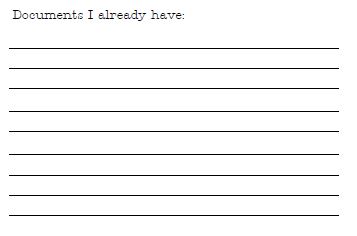



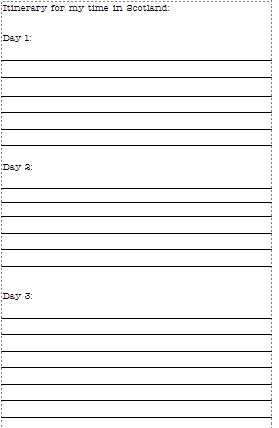
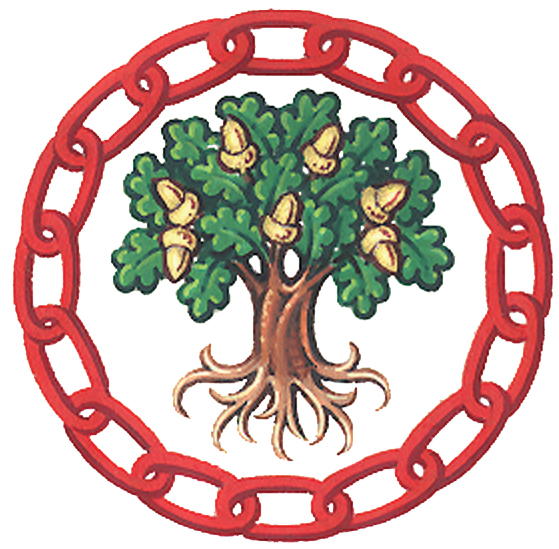
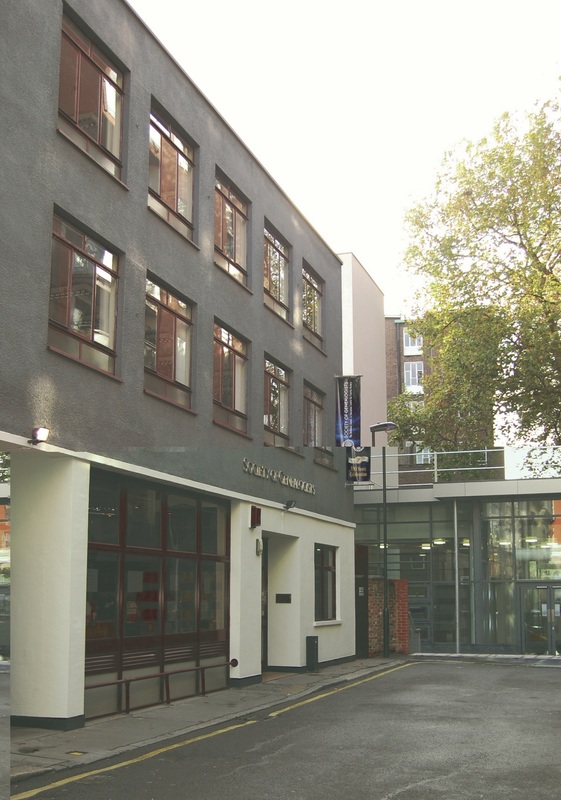
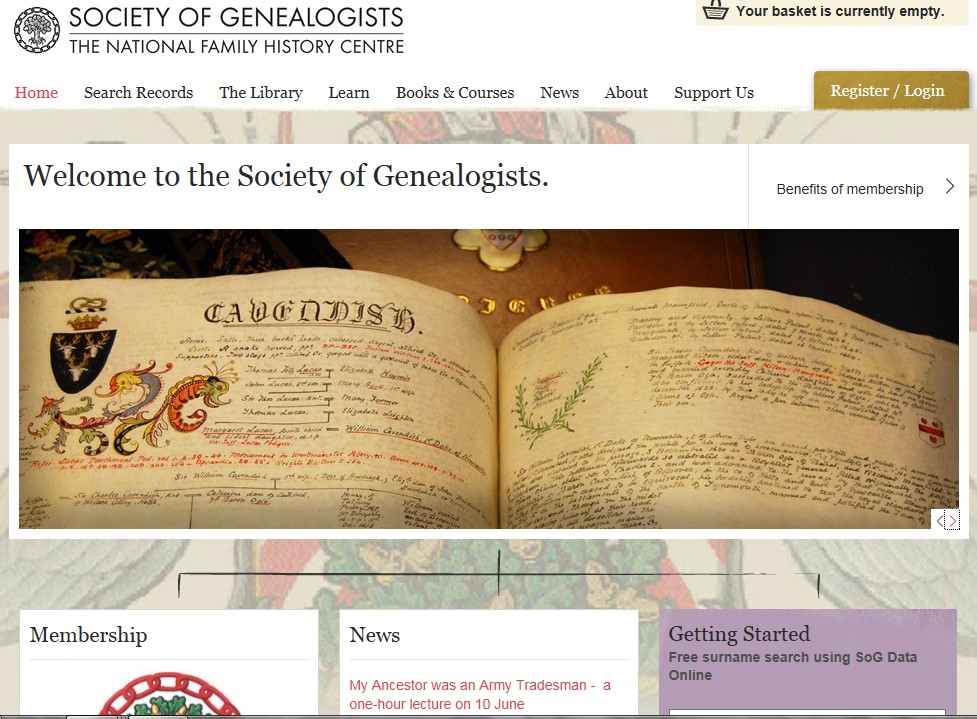
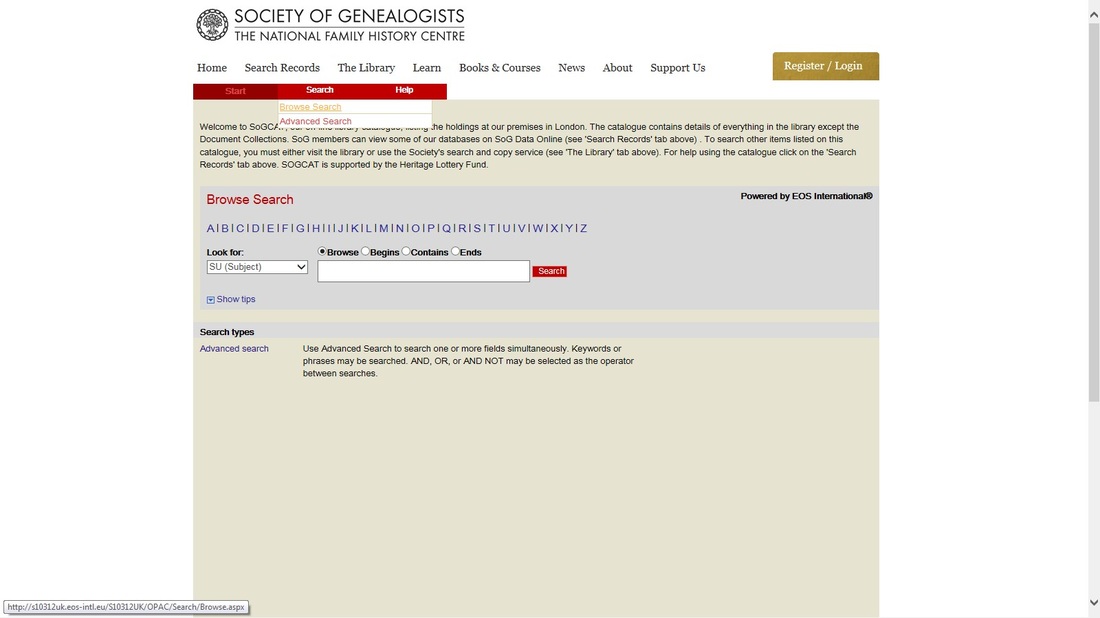
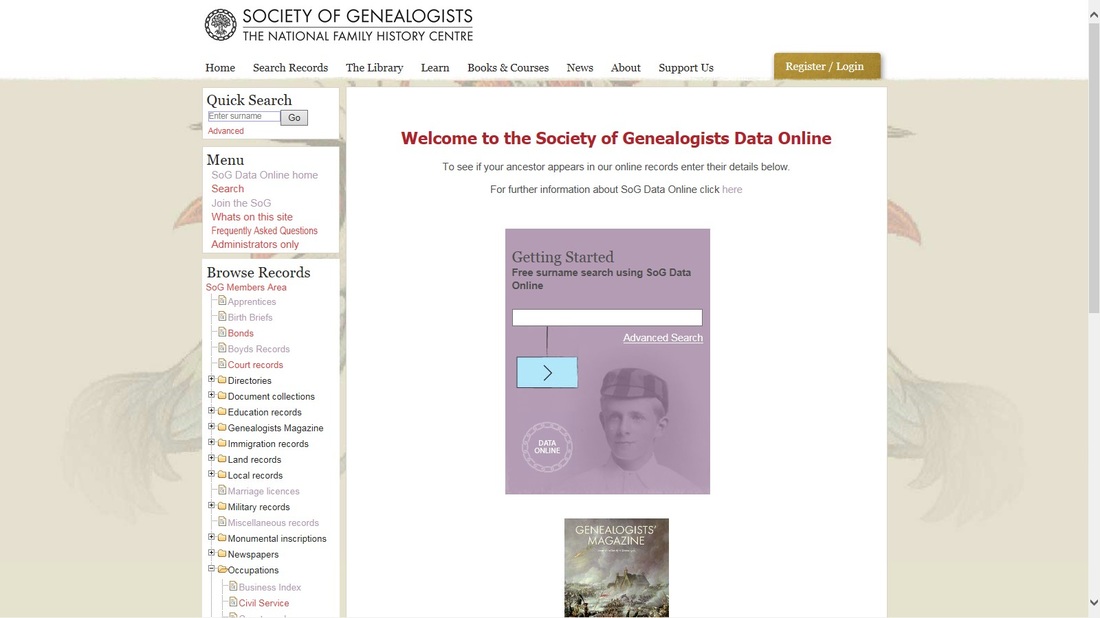
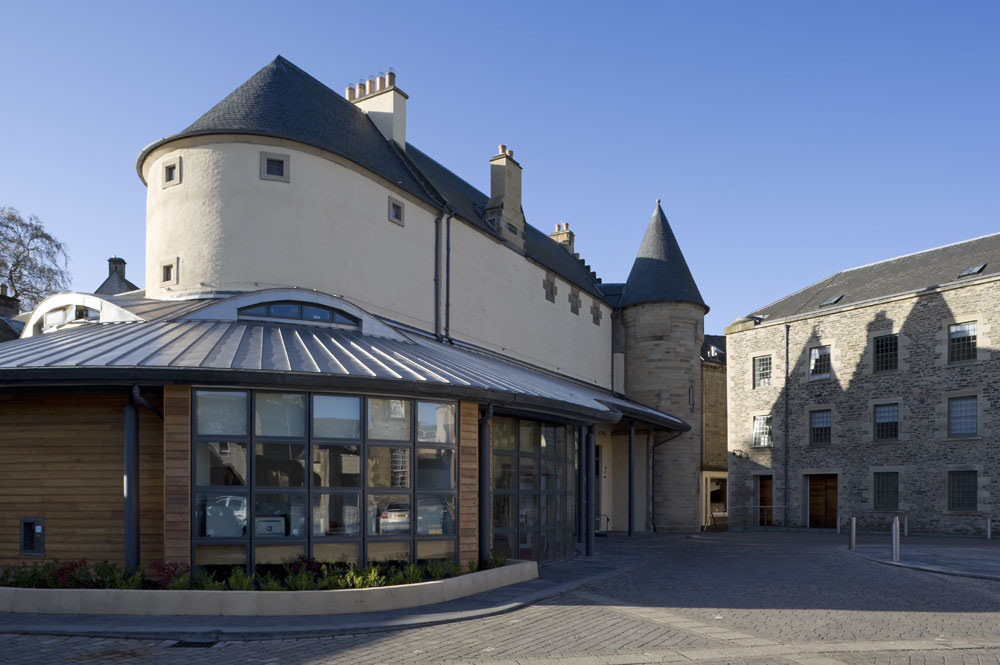
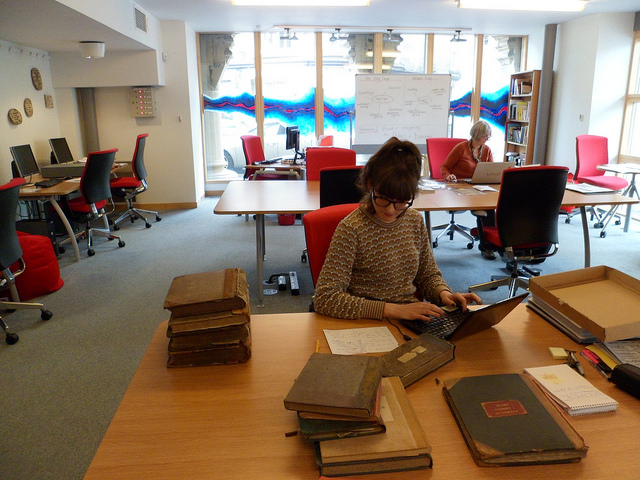
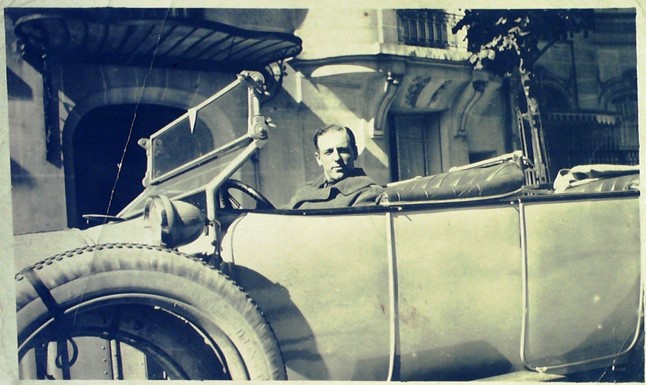
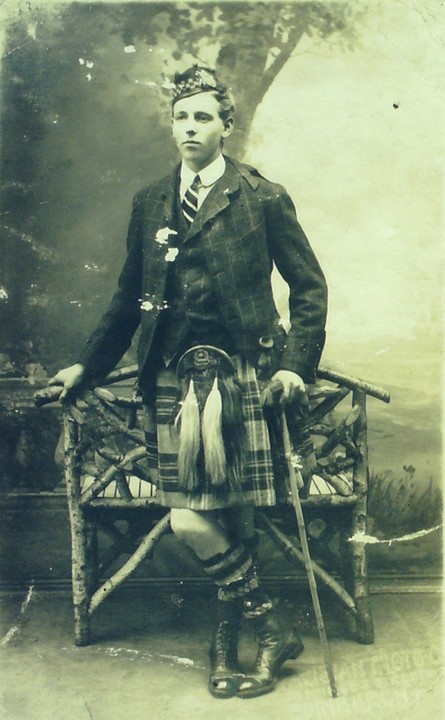
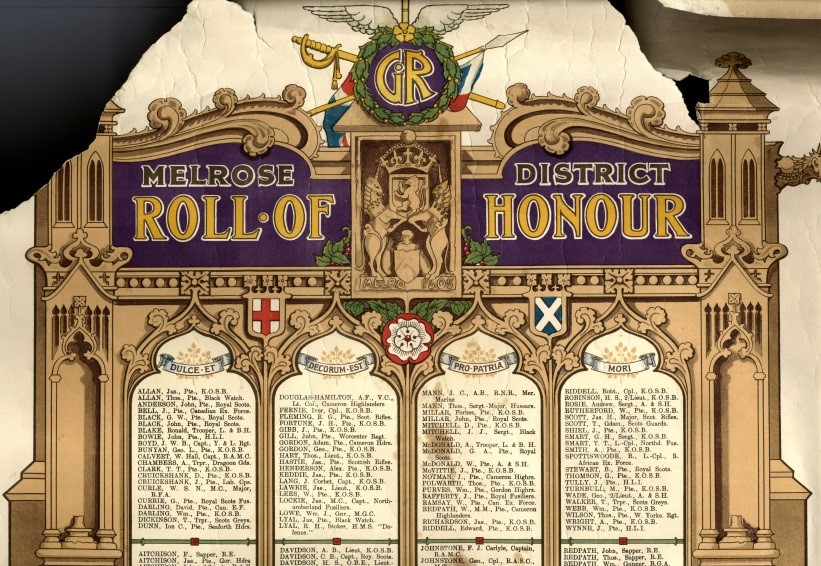
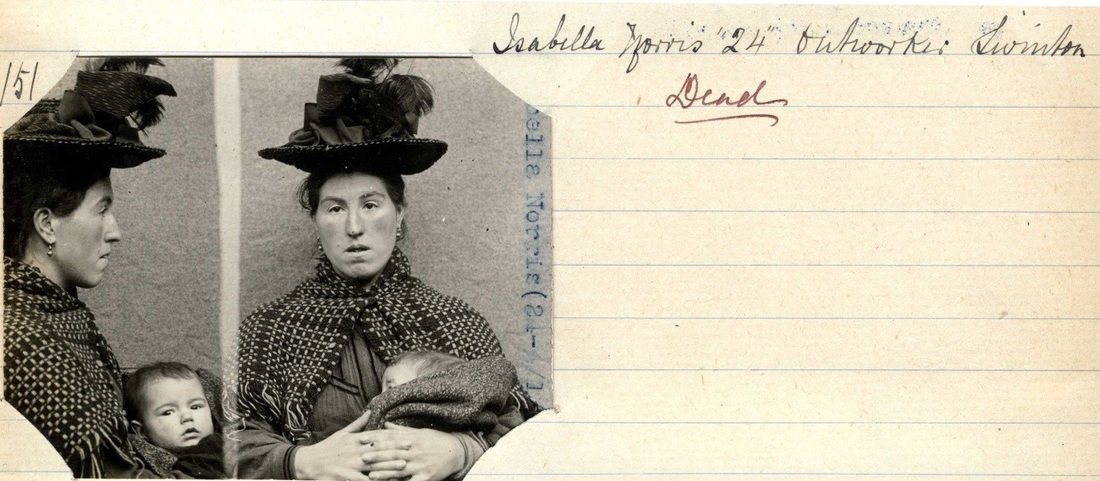
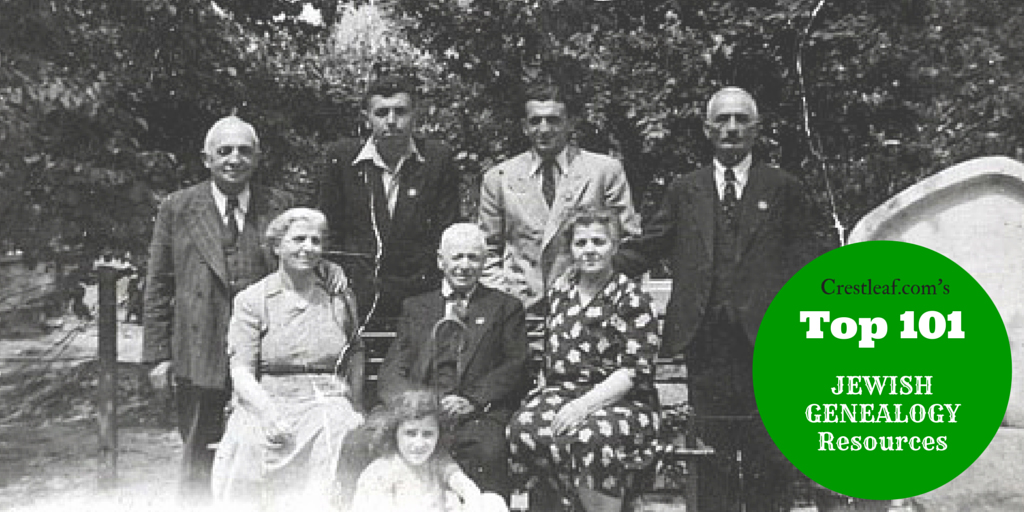
 RSS Feed
RSS Feed
